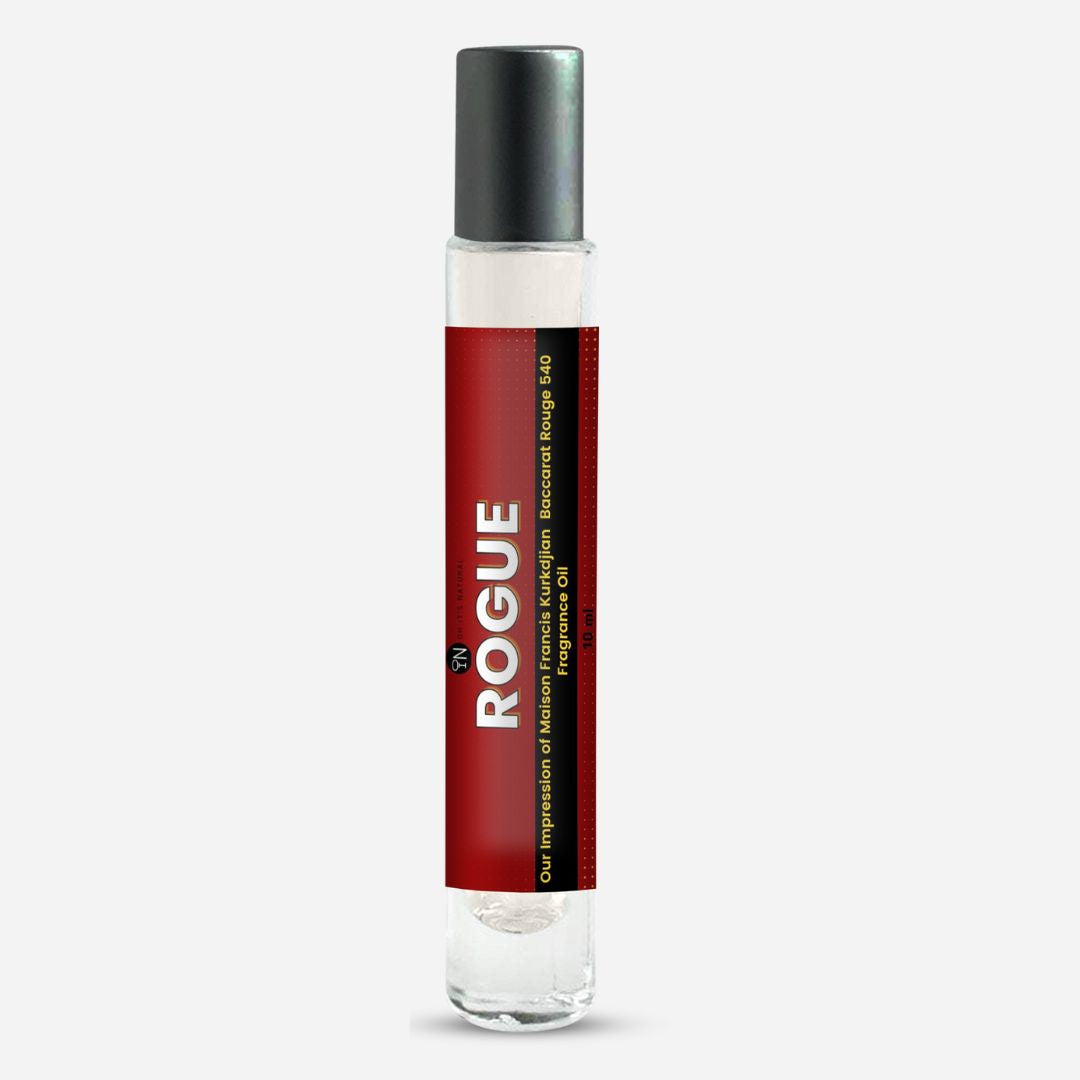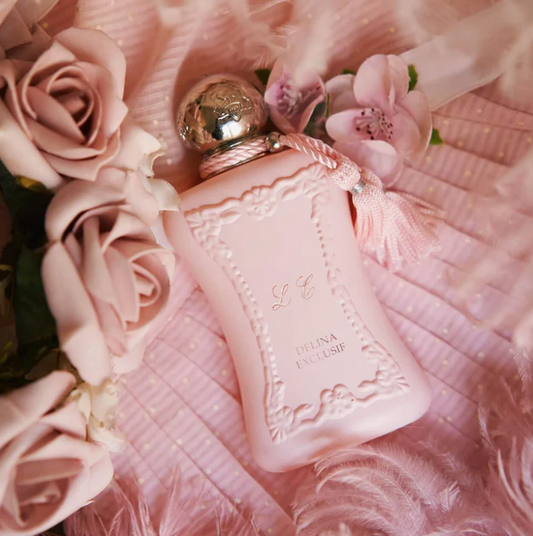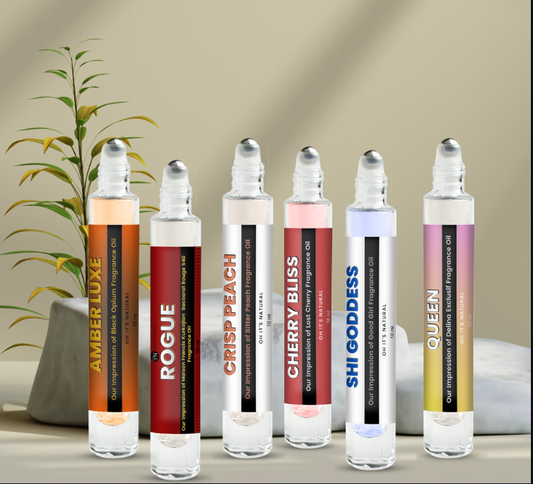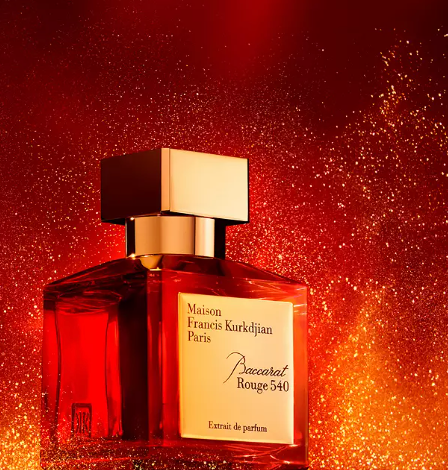The year 2020 definitely threw our daily lives into a whirlwind of changes, and this has affected our skin as well. With the wearing of masks becoming the new norm, some of us have been experiencing breakouts, or more specifically, maskne - the 2020 word for mask and acne. (Yeah, I know. As if we didn't have enough skin problems on our plate.)
Wearing a mask for prolonged periods can cause breakouts. So while we're proactively preventing the spread of COVID-19 and protecting other people by mask-wearing, the skin underneath becomes a breeding ground for breakouts and skin irritation.
So how do we treat maskne? I'm going to talk about all of that and more right here.
How Face Masks are Causing Your Skin to Break Out
So you've been wearing a mask for a few days because you're trying to mitigate the pandemic in your own way. But now, you see acne forming in the areas where your mask has been. The right term for that is "acne mechanica", but why is it happening?
Heat
Wearing your mask will help prevent the spread of germs, but the caveat is that there's no ventilation under it. That means heat, and with heat comes sweat. And because you're not taking off your mask while you're outside (especially for health care workers), the sweat just stays there- mixing in with oil, makeup, and even skin care products we have on. The result? Pimples.
Face Touching
Dermatologists say we should refrain from touching our faces to avoid bacteria transfer. But with the pandemic thing happening, many of us have been doing this more often whenever we put on, take off, and adjust our face mask. I know I've been doing it - it really can't be helped. Minimize that bacteria by using a hand sanitizer gel made with alcohol, It does prevent COVID 19 as well.
Mask Type
Yes, the mask type is related to why you're having acne breakouts. For instance, a cloth mask is able to trap bacteria compared to other types. There are other factors that link maskne to the type of mask you wear, but more on this later.
Different Masks and How They're Causing Maskne
Over the past few months, a myriad of mask types has come out on the market. I can't count how many designs, features, and materials I've seen. These variations can trigger different reactions to our skin.
Shape
Masks come in varying shapes and fits. Standard surgical face masks and N95 respirator cups are more tight-fitting. This limits ventilation, which is related to heat and bacteria that causes skin irritation and acne mechanica or maskne.
If you have sensitive skin, I recommend softer materials such as cloth masks. These are looser and much more comfortable.
Material
Friction is also one of the main causes of acne, so consider the mask material. Rougher fabrics like nylon and polyester may cause inflammation, while softer ones like cotton will feel gentler.
But there's an issue - “Lighter fabrics that are cooler and usually easier to breathe through are often the ones that don’t do a good job of filtering the virus in either direction. Tight weave fabrics and masks with several layers are the best protection," says Dr. Amy Kassouf, a board-certified dermatologist.
Pro tip: Silk and satin masks are great because they're smooth and don't cause as much friction.
Filters
Wearing face masks with filters are effective in protecting you and the community from COVID-19, but they limit the ventilation for your skin. As I mentioned (yes, I will bang this drum as long as I need to) less ventilation means trapping a gross concoction of dirt and sweat on your face, giving way to maskne.
But that doesn't mean you should use a no-filter mask. The coronavirus is real even if it's old news. Instead, modify your skin care routine to calm down your breakouts and maskne - and that's where I come in to help you.
7 Maskne Prevention Tips that Actually Work
1.Wash and disinfect your face mask after every use.
Especially if you wear a reusable mask like a cotton mask, wash it regularly with hot water. Otherwise, all the icky stuff from the day before is going to touch your face again.
2.Wash your face at the end of the day.
Your skin is brewing up sweat and dirt all day, so washing your face is important. Even if you just stayed inside, a basic skincare routine is imperative to avoid acne and other skin conditions. Remember to use a gentle cleanser like this. For people with oily or acne-prone skin, I also recommend getting one with salicylic acid.
3.Use different face masks throughout the week.
Creating a rotation saves you the hassle of having to wash one mask every single day. When you have a number of masks to use, you can just wear a new one daily and wash them all at once when it's time to do your laundry.
Pro Tip: Put silicone gel pads under the pressure points of the masks to prevent any skin problem in that area.
4.Don't put too much makeup on the bottom part of your face.
This may not be everyone's cup of tea, but it's a tip worth trying. After all, you won't be flaunting half of your face when you got a mask on. Skip the foundation and opt for moisturizer and a light concealer to avoid further skin issues and face mask skin problems.
5.Use a face mist.
Since we're dealing with friction, moisture loss, and related issues when wearing a mask, it helps to hydrate the skin. Have a face mist with hyaluronic acid or rosewater with you and spritz some on your face whenever you feel like it's a little thirsty.
6.Moisturize before you wear a mask and before you go to bed.
Using a moisturizer will help keep your skin nourished, giving it a layer of protection against irritation.
"A layer of moisturizer or even a sunblock that contains zinc or titanium can help your skin by serving as a barrier against any friction or irritation that develops.”, says Dr. Kassouf.
I recommend using a lightweight moisturizer during the day. At night, go for something heavier like a non-comedogenic face oil to help your skin repair itself.
7.Have an acne treatment plan.
It's best to see a dermatologist if you have severe skin issues or skin conditions. There are great over-the-counter treatments that work for many people like benzoyl peroxide, but using products that may not be right for your skin type can lead to a possible side effect. So while you can continue using your fragrance-free products to avoid irritating the area, seeing a dermatologist is still best to get to the root of any skin condition.






